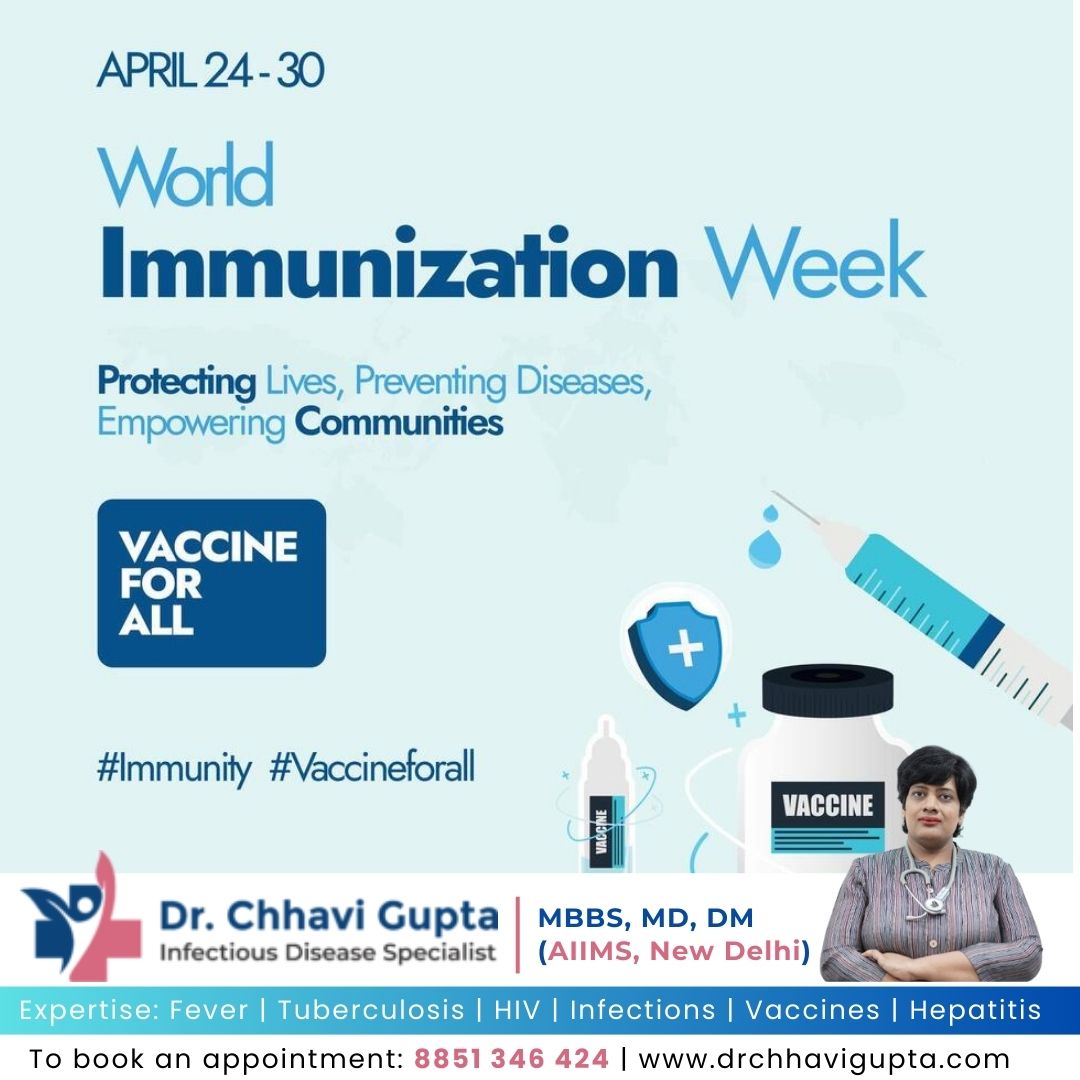Protecting Lives Through Prevention: World Immunization Week 2025
Vaccines are one of humanity’s most powerful tools—quietly and effectively saving lives for decades. This World Immunization Week, we come together to celebrate the impact of vaccines and call for continued efforts to reach everyone, everywhere, with life-saving immunizations.
A Legacy of Lives Saved
Over the last 50 years, vaccines have saved at least 154 million lives—that’s six lives every minute, around the clock, for half a century.
These essential tools of prevention have transformed global health. Immunization alone has contributed to 40% of the improvement in infant survival, and today, more children reach their first birthday than ever before in human history.
The measles vaccine, in particular, stands out—accounting for 60% of all lives saved through immunization.
Building on Progress
The future of immunization lies not only in sustaining past achievements but also in expanding protection to all age groups:
- Newborns are safeguarded through the National Immunization Programme, which includes vital vaccines like BCG, OPV, Hepatitis B, and more, to give them the best start in life.
- Pregnant women receive tetanus and pertussis vaccines to protect both themselves and their unborn babies.
- Older adults benefit from vaccines against influenza, pneumococcal disease, and shingles (Shingrix)—protecting them from serious complications and hospitalizations.
A Global Commitment
The theme of World Immunization Week 2025, “Immunization for All is Humanly Possible”, is a rallying cry. It acknowledges the enormous efforts made by governments, healthcare workers, scientists, aid agencies, and parents to bring us to this point—a world free of smallpox and on the verge of eliminating polio.
Yet today, we face new challenges. Misinformation, vaccine hesitancy, and global crises threaten hard-won progress. Now is the time to renew our commitment, strengthen healthcare systems, and invest in equity—so no one is left behind.
Less Disease, More Life
Vaccines are living proof that health equity is achievable, that less disease and more life is possible when we work together. This World Immunization Week, let’s show the world that with determination, unity, and compassion—immunization for all is truly humanly possible.

